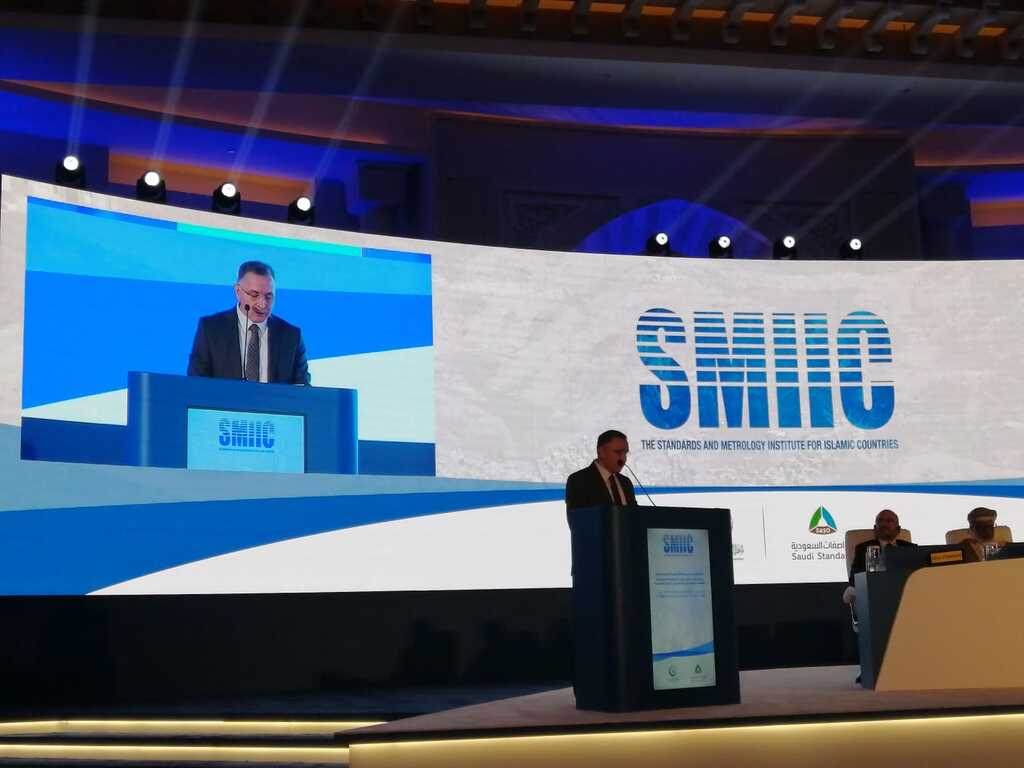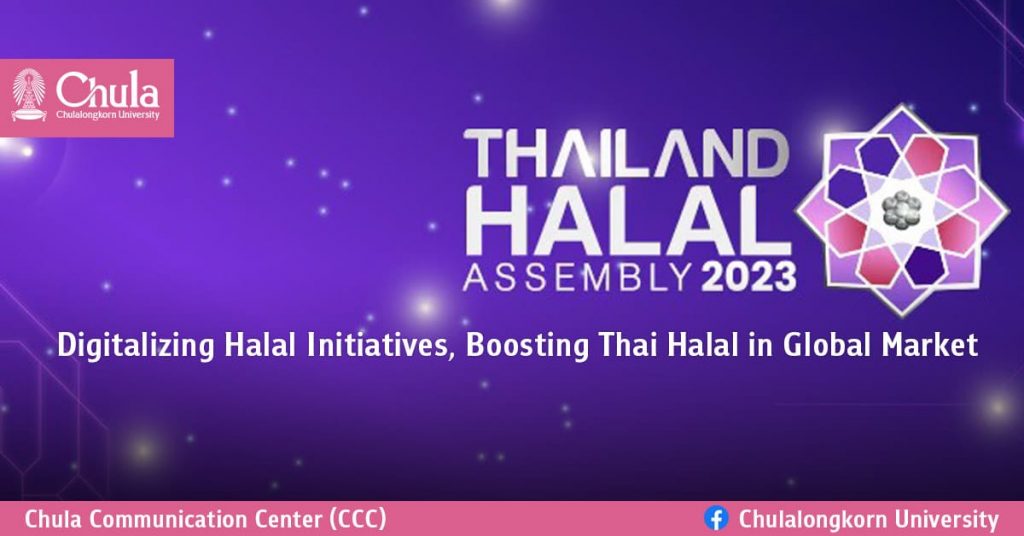By Jens Kastner, Just-Food.com
 The global market for halal food is expected to grow from US$698bn in 2012 to reach US$830bn in 2016, according to Malaysia’s department of Islamic development, and manufacturers in its country and neighbouring Thailand are competing to service this demand. Jens Kastner reports.
The global market for halal food is expected to grow from US$698bn in 2012 to reach US$830bn in 2016, according to Malaysia’s department of Islamic development, and manufacturers in its country and neighbouring Thailand are competing to service this demand. Jens Kastner reports.
Their respective food sectors are seeking to demonstrate their ability to produce and market food and beverages complying with Islamic religious standards.
Large government-sponsored special industrial parks dedicated to halal are either under development, such as in Thailand’s southern Songkhla province, or operating, such as in Malaysia’s Selangor and Melaka states. And both countries are tightening their halal food production regulations.
The demand for products to be certified as halal has been intensified by the fact that most halal food is today no longer produced by Muslims – a particular issue in majority Buddhist Thailand. The recent frenzy over false claims that chocolate bars made by Cadbury sold in Malaysia contain pig DNA illustrated what is at stake for food processing companies.
“The definitions are changing profoundly; in the past, Arab countries never demanded a halal logo for Thai canned tuna because they felt [relatively unprocessed] tuna is naturally halal,” said Dr Winai Dahlan director of the halal science centre at Thailand’s Chulalongkorn University, in an interview with just-food.
“But now there is this new rationale that every pineapple passing the industrial process must be verified as halal.”
Dr Winai noted this approach, with its demands for more checks and production management by food manufacturers, has been encouraged by the Organisation of Islamic Cooperation (OIC) countries’ establishment in 2010 of the Istanbul-based Standards and Metrology Institute for the Islamic Countries (SMIIC). The SMIIC aims to craft a common standard for the some 300 halal certification bodies currently working in more than 125 countries, most of which are non-governmental organisations (NGOs), including associations established by the Muslim minority groups.
According to Malaysia’s international trade and industry ministry, the country exported US$10bn-worth of halal products last year with the food and beverage sector accounting for about 40% of these exports. Thailand’s halal food and beverage export performance pulled even with Malaysia last year, making both countries sharing fifth place in the world’s halal top ten, after Brazil, the US, India and China, Dr Winai said.
Major export markets include fellow Association of Southeast Asian Nations (ASEAN) members, most notably Indonesia with its 214m Moslem consumers. Sales to the United Arab Emirates, Saudi Arabia and Egypt are also important, with Chinese sales also rising.
Reflecting Malaysia’s aspirations to become the world’s halal hub, the country’s Third Industrial Master Plan 2006-2020 provided for the development of ‘Halal Parks’, where certified operators, industry players and logistic operators enjoy a variety of perks, including government subsidies. Meanwhile, Thailand, which currently has most of its some 3,500 facilities involved in halal food production clustered in its central region north of Bangkok, plans to establish a large halal industrial estate in its south. This would be near the Malaysian border, to supply halal products more efficiently to the ASEAN common market to be launched next year.
“The greatest potential is for finished products containing vegetables, fruits and seafood, with medium-sized companies probably to benefit the most,” said Dr Winai.
Mohd Suhaimi bin Mohd Yusof, assistant director of Malaysia’s department of Islamic development’s (JAKIM) halal hub division, observed that “processed food and beverages have managed to attract most consumers and market access at this point,” reflecting that more than 90% of applications for halal certifications with JAKIM fall in these two categories.
Whereas investment in special machinery is generally not needed for food manufacturers turning to halal, the main challenges are monitoring the supply chain and the stringent separation from non-halal production in factories.
Dr Winai pointed out that it is quick and inexpensive to obtain the official Thai halal logo for compliant factories, and that Thailand’s Halal Science Centre, of which he is the founder, “has top-notch laboratories and one of the world’s best data bases for supply chains with comprehensive raw material info.” These support factories that, for example, process bananas with egg yolk or galantine, which may, for whatever reason, contain pig DNA.
According to Dr Winai, a “real” Cadbury case can therefore not easily happen in Thailand.
Suhaimi said the same about Malaysia, despite the false alarm having occurred there. He holds that the Cadbury issue was blown out of proportion by social media users with a few NGO’s responses further aggravating the issue.
“While Muslim consumers have the right to be overly sensitive with the porcine DNA issue, they should also be informed consumers particularly on how halal certification is implemented, and how cross contamination can occur on halal products, while awaiting for the competent authorities investigation to complete,” Suhaimi said.
The issue was solved when JAKIM issued test results which confirmed that the products were free of porcine DNA, he noted. Companies and governments agencies involved in Malaysia’s halal certification system “also learned from the issue as coordination between the agencies has been further improved,” he said, adding JAKIM had used the incident to publicise the quality of Malaysian halal certification.



